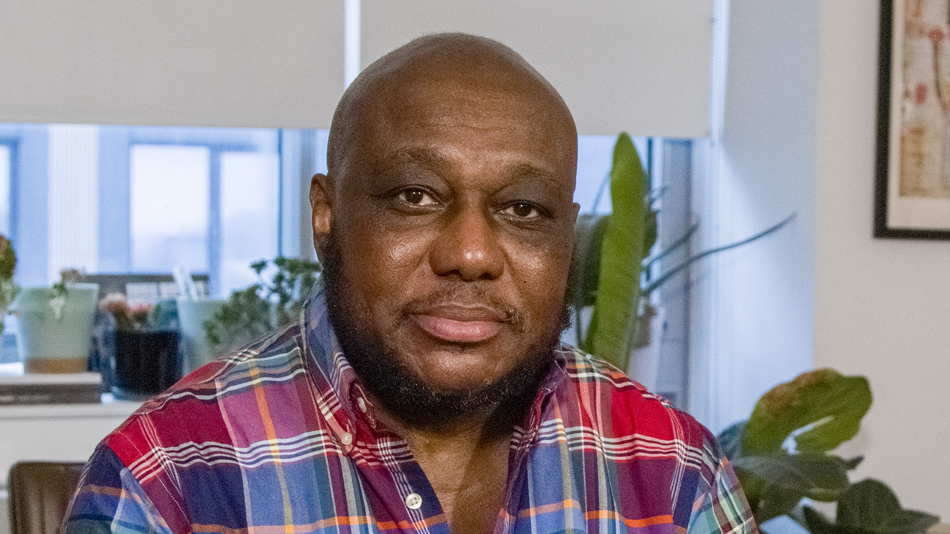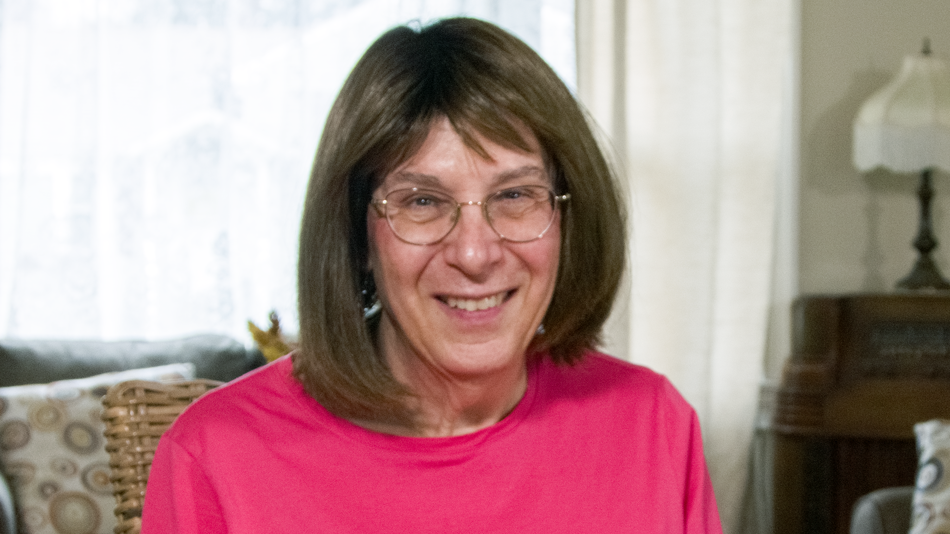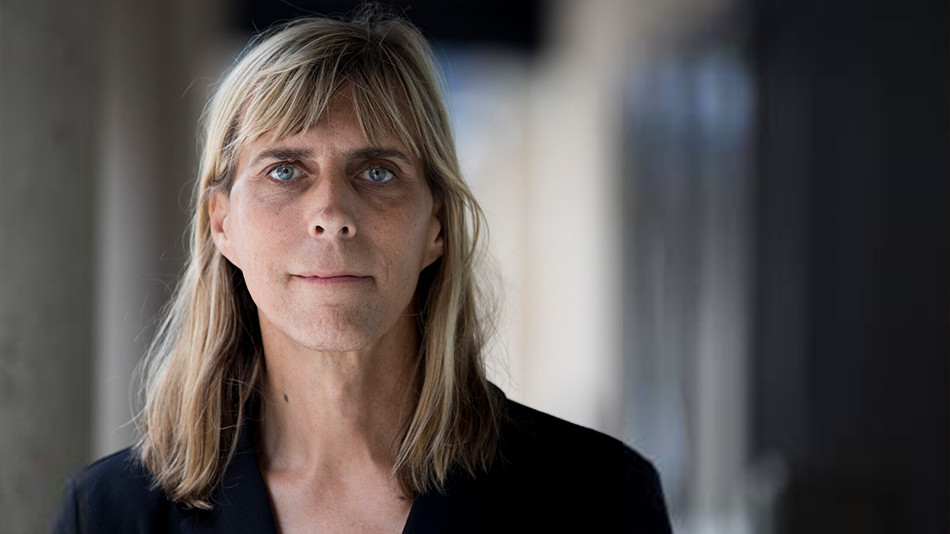My name is Tavish McMillin. I am from Marietta, Oklahoma.
I devoted myself to music all through high school, all through middle school, actually, too. And I decided that, you know what? This is something that I really know. And I think I really want to go to college for this. I ended up getting a full ride scholarship to the University of Oklahoma.
My freshman year, I became sexually active with men… with cisgender men. Although I had not really understood, like, what my gender was or anything, I knew that my sexuality was definitely more along the lines of bisexuality. I decided that since I was sleeping with men, again, cis-gender men, I decided that I needed to get an HIV test.
At the University of Oklahoma, there is a medical center on site and I scheduled an appointment and I went in. And I had never gotten an HIV test before ever. A healthcare professional who I am pretty sure is not a doctor called me back to do the test. And – but before she did, she gave me a questionnaire.
I noticed that some of the questions didn’t really make a lot of sense. One of them was about if I was sleeping with men, if I… or if I was sleeping with women. It didn’t say anything about both. So I chose to leave it blank because I thought, Okay, well, I’ll ask the doctor. And when she walked in, she looked at it and she sighed, audibly, very loudly.
She’s looking at the questionnaire and she asks me, “Are you gay or not?”
And so I said to her, “Yes, I am gay.” And even though I do not believe I’m gay, that was easier to say at that time s
She expressed or sighed very loudly and she said, “You do know that if you continue to sleep with men, you are going to get AIDS. I looked at her and I literally didn’t have anything to say.
And she said, “Not even condoms can protect you 100%.” These days, I understand that that was manipulating some data, but I still felt shame. She walks out of the room. And I heard her actually talking to another healthcare professional, who I have no idea.
But what she said was, “These gay boys that come here to the university, if their mamas knew what they did…”
When she came back into the room, she proceeded to take my blood and she was really rough. She was throwing my arm around the tourniquet that she used… she tied really, really, really tight. And when she put the needle in, there was no countdown. There was, you know, nothing. It was just very uncomfortable. She turned around to leave the room. And what she said to me was that you know, there is another way. And she proceeded to invite me to her Sunday school church service.
So that night, whenever I got out of the Goddard Center, I went to the dorms and I was so upset and that… that… that sadness and that shame actually manifested itself into, like, anger. I decided that I was not going to be treated like this, that I was going to actually do something about it. I decided that I needed to change my major and I decided to change it to behavioral health and that music was not going to be my career path. And it was really because I… I wanted to understand exactly, like, why somebody would think that that behavior would be acceptable. And what… what causes disparities in healthcare and why we… I don’t know. Why we do the things that we do that cause, like, undue hardship on people?
And so I set my alarm and I was at my advisor’s office because I needed to change my major. Some things had come to mind, for instance, I’m there on a full ride scholarship for music. And so, you know, how am I going to justify – didn’t care? I really just… I did not care.
The advisor who was very kind. She was just like, “Are you sure? Like, I don’t think that this is very wise. You could take some classes. You know, make sure that that’s really what you want to do. You already know you love music.”
And I said, “No, I know that… that music is not what I want to do now.”
I ended up a few years later moving to Chicago, Illinois, and I finished my degree actually here. After I graduated, I obtained also a paralegal certificate and I was able to secure job at a queer organization here in Chicago that… whose mission is to end healthcare disparities for LGBTQ+people.
I knew that I had found where I needed to be. It was a great fit, but I also though didn’t want to be a therapist, didn’t want to do anything of that nature, so I decided to go to law school. I specifically study healthcare law and policy at Loyola university, and jurisprudence, which is the theory of law. My whole thesis is around healthcare disparities for LGBTQ+ people.
But I always think back to that healthcare professional and the way she treated her. Had she not treated me that way, I don’t know if I would have ever, like, moved. I’m not sure if I ever would’ve changed my major. I don’t know if I ever would’ve like even considered wanting to learn about healthcare disparities for LGBTQ+ people. And especially as a trans person, like, this is an area that affects my community more so than any other acronym of the LGBTQ+ community.
If I can see her again today, I truly… this is very hard for me to say… I think that I would absolutely thank her. Probably report her licensure, but absolutely thank her.
It is something that I think a lot of people have experienced or will experience, no matter what letter you are of the LGBTQ+ acronym, but especially those of us who are trans. There are always going to be people that won’t understand or who might judge your lifestyle or the things that you choose to do. But at the end of the day, you have a lot more power than what you know.
You can always hopefully change a provider. You can always report them. You can always… you’re… you’re not alone either for the record. And I don’t want you to give up hope and I definitely do not want you to ever stop going and getting tested. I don’t want you to ever sacrifice your health. That happens far too often in our communities.








Share